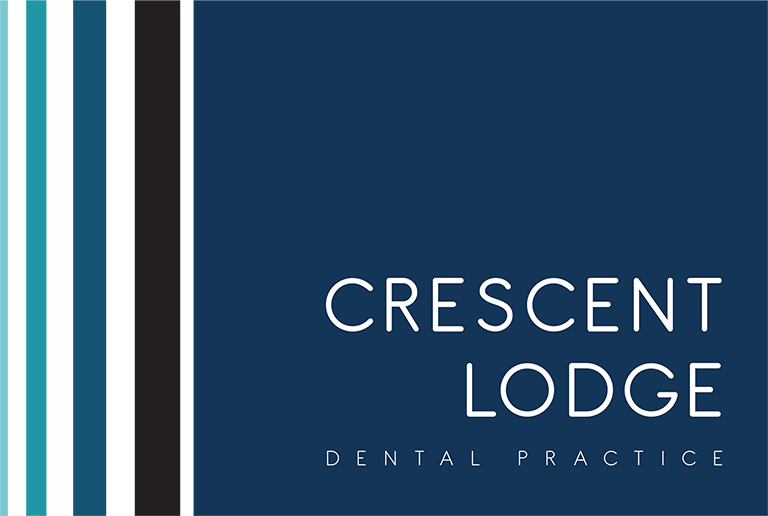12th October 2015
Dental crowns explained: What they are and why you might need one
If your dentist tells you that you need dental crowns, you might be wondering what one is exactly. Or how it will help your teeth. We’ve put together a beginner’s guide below to help you get the low-down on this common restorative treatment:
What are dental crowns?
Dental crowns are sometimes referred to as ‘caps’. They are essentially a tooth-shaped cover that is placed over a damaged tooth to restore its shape, size, strength and appearance. The dental crown is cemented in place to create what looks like a natural tooth that has been perfectly shaped and colour-matched to your surrounding teeth.
Why might your dentist recommend a dental crown?
Dental crowns are a cosmetic solution for oral problems. Problems such as damaged or chipped teeth, or teeth that have suffered partial decay and need more than a large filling to repair them. A crown is ideal for covering up damaged or unsightly teeth to give a better aesthetic finish to your smile.
How else are dental crowns used?
A dental crown can also be created to sit on top of a dental implant. A dental implant is essentially a false root made from titanium and fitted directly into the jaw bone. We can also use a dental crown to anchor a dental bridge in place to replace one or more missing teeth.
Can a dental crown be fitted instantly?
Here at Crescent Lodge Dental Practice, we work closely with two incredible dental laboratories. This enables us to provide dental crowns in London to our patients. Knight Dental Design and Uniqua dental laboratories craft crowns for us based on the impressions and X-rays we provide. Each laboratory has won awards for its craftsmanship, precision of work and attention to detail.
Will having a dental crown affect what you can eat?
No. Because a dental crown is cemented in place, you should be able to eat your usual diet without any problems.
What materials are dental crowns made from?
Dental crowns can be made from a choice of materials: metal, porcelain fused to metal, all-resin, all-ceramic, or all-porcelain. Here at Crescent Lodge Dental Practice, we prefer porcelain or composite dental crowns. This is because they provide the best natural colour match and mimic the lustre of natural teeth.
What steps are involved in having a dental crown fitted?
If you need a dental crown, we will ask you to come in for an appointment where we examine and prepare your tooth for the crown. If you have a damaged tooth with extensive decay, or if there is a risk of infection or injury to the root, we may need to address that first with root canal treatment or another appropriate procedure.
We will need to file down the tooth that will receive the crown to create a properly shaped base of which the cap will sit. The amount of tooth we need to remove will depend on the type of crown and the damage already present. If you have lots of your natural tooth missing already, we may need to build it up with filling material before a dental crown can be fitted.
Once we’re satisfied with the shape of the tooth, we will make an impression of it using a special paste or putty. We will also take impressions of the teeth above and below the tooth that’s going to receive the dental crown to help the laboratory create a prosthetic that will fit your bite perfectly. During this appointment, we’ll carefully choose the shade of your dental crown so that it matches your neighbouring teeth.
The impressions and colour information are then sent to a dental laboratory for the crown to be made. This can take up to two to three weeks.
We may decide to fit a temporary crown to cover and protect your tooth while the crown is being made. The temporary dental crown is held in place using a temporary cement.
Once the crown has been received from the laboratory, you’ll need to come in for a second appointment. In the second appointment we remove your temporary crown and fit the permanent replacement.
How long do dental crowns last?
On average, you can expect a dental crown to last for between five and 15 years. If you follow a good oral hygiene routine by cleaning and flossing your teeth at least twice a day and attending regular routine dental check-ups and hygiene appointment, your crown will inevitably last longer than if it is neglected.
Contact Our Dentists For Dental Crowns in Clapham Today!
If you are looking for dental crowns in London, call us at Crescent Lodge Dental Practice on 020 7622 533 or visit our contact page to book a consultation.
Wanting More?
More Dental Implant posts here
